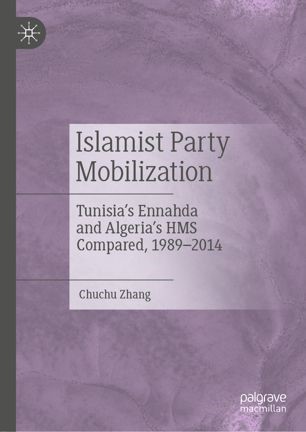
内容提要:
This book aims to explore how Islamist parties mobilize debates, discourses, and environments in electoral authoritarian systems. Interrelating three theoretical schools, Electoral Authoritarianism Theory, Protest Voting Theory, and Political Process Theory, it adopts and expands on a demand-and-supply framework to approach the subject in a novel way, and adapts them to address North Africa, a region in which such theoretical scholarship has until now not been conducted. In-depth case studies focus on two Islamist parties in North Africa, Tunisia’s Ennahda and Algeria’s HMS, both of which adopted the Muslim Brotherhood model, had charismatic leaders, and were active in the political scene from 1989-2014, the period between their first electoral trial and their electoral participation after taking part in governance. The chapters proceed chronologically, providing a historical treatment of the evolution of Ennahda and the HMS since their inception and addressing their development in two and a half decades.
目录:
1 Introduction 1
2 Theorizing Islamist Parties’ Mobilization at the Polls 23
3 Historical Background 51
4 First Trial at the Polls 93
5 Drastic Changes 137
6 Co-optation or Resistance? 173
7 Entering the 2010s 213
8 Conclusion 261
Appendix: Electoral Outcomes of Algerian APN Elections,1991–2012 275
Glossary 277
Index 281


